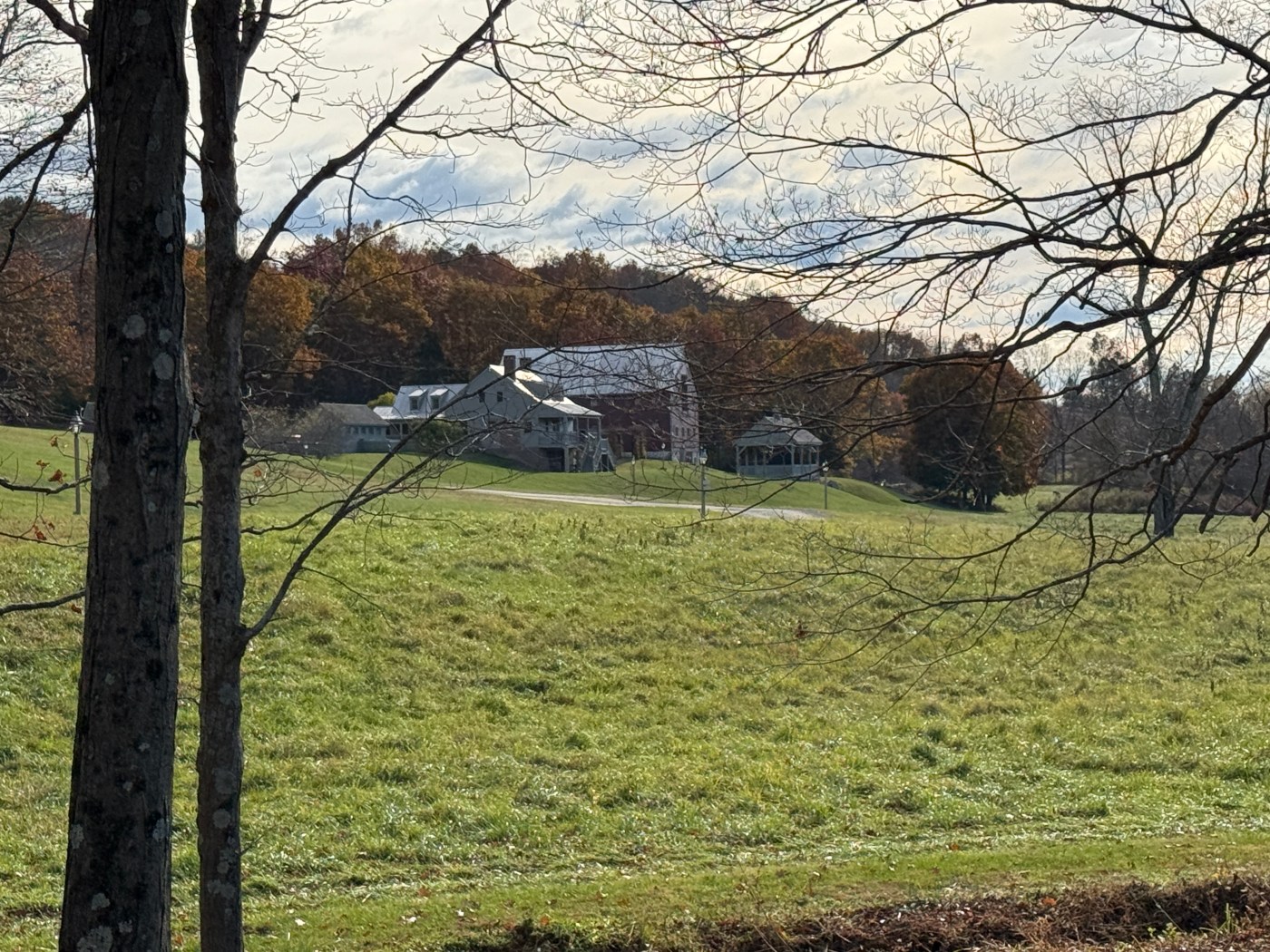Plans for the proposed Six Senses retreat center in Clinton, New York, are encountering significant community opposition despite developers’ assurances that the project will enhance the local landscape. On October 28, 2025, Mike Palumbo, a senior director at IHG, expressed surprise during an interview at the site’s historic 1759 Yoga Barn regarding the backlash against a wellness-focused initiative.
Palumbo noted that IHG executives in London are “taken aback” by the uproar over a project that, they believe, has been thoroughly vetted. “We met with the town Planning Board, showed them our plan, and they didn’t think that was a big deal,” he stated. The developers plan to transform 27 of the site’s 28 existing buildings into various activity centers, including a wellness hub and an equine center, while only one structure will either be relocated or repurposed.
According to IHG representative Karen Foley, the project aims to revitalize the existing infrastructure while maintaining the natural beauty of the site. “We will just rehabilitate these buildings and breathe new life into them,” she said. The project will also preserve approximately six acres of the central field area as a scenic viewing space, leaving over 200 acres of forested land untouched.
Despite these assurances, local opposition remains vigorous. Critics argue that the projected visitor numbers could lead to increased traffic and environmental degradation. The application estimates up to 240 overnight guests and 400 event attendees could be accommodated at the retreat center, resulting in as many as 608 daily vehicle trips. Opponents highlight concerns about traffic congestion, air pollution, and potential disruption to local wildlife habitats, including nesting areas for endangered turtles.
In a lawsuit filed in state Supreme Court, opponents claim that the developers misrepresent the previous special use permit that was in place until 2017. They assert that the land was historically used as a low-intensity holistic retreat, with a cap of 44 patrons at any one time. The developers, however, seek to revise this limit as part of their site plan approval process, claiming that the higher figures cited are merely for “rare” occasions, with daily attendance expected to be between 50 and 85 guests.
Palumbo addressed specific claims regarding facility features, clarifying that there will be three swimming pools, contrary to opponents’ assertions that the project includes ten. “They were counting hot tubs that will be on the back of some of the cottages as swimming pools,” he explained.
The controversy has drawn further scrutiny, leading to allegations of preferential treatment by local officials towards the developers. A group of Rhinebeck Town Board members recently joined the lawsuit, claiming that Clinton and Hyde Park officials have circumvented local zoning laws to expedite the project. They allege that Jeff Newman, the Clinton Code Enforcement Officer, was employed by IHG as a consultant, which has raised concerns about potential conflicts of interest.
In response to these allegations, Palumbo stated that “Jeff Newman recused himself from any determinations on our project over two years ago.” He also emphasized that the legal challenges are part of the standard process for anyone seeking to navigate local zoning regulations.
As the debate continues, the developers maintain that their approach is transparent and aligned with community interests. “Everything that we have done, the opposition has done the same,” Palumbo asserted, highlighting the competitive nature of local development processes. With the future of the Six Senses retreat center hanging in the balance, both sides of the debate remain resolute in their positions, underscoring the complex relationship between development and community values.







